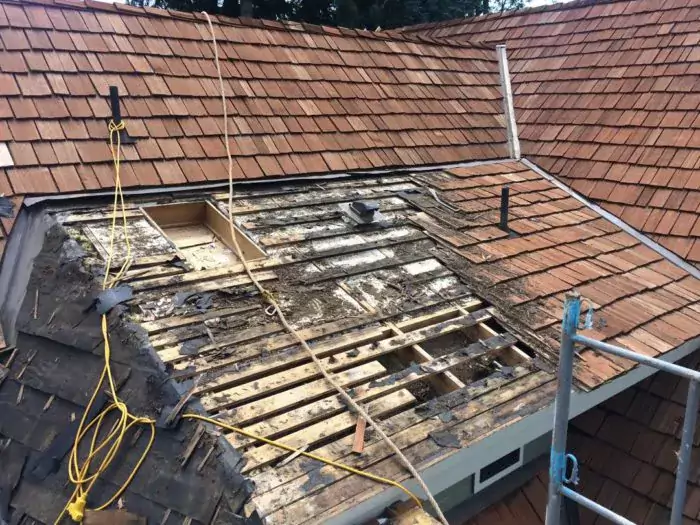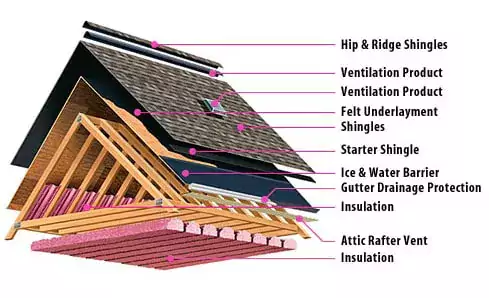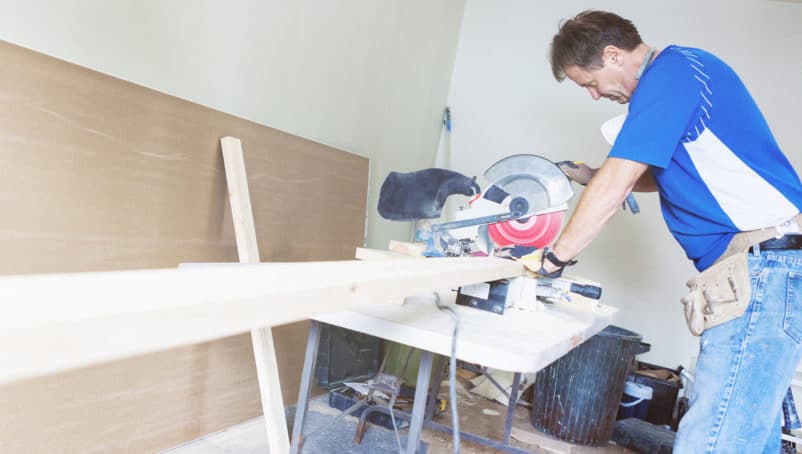15 Questions to Ask A General Contractor Before Hiring

Whether you’re building a new home from the ground up or undertaking a renovation, you’ll make a lot of complex and critical decisions along the way. Your home building or renovation process all begins with choosing the right construction company, though. Having the right team on your side can make all the difference. Luckily, there are questions to ask a general contractor that can help you find the best fit for your project. Here are 15 questions to ask before you hire a general contractor.
1. Are you licensed for this type of work?
Among the many questions to ask a general contractor, this is the big one. Licensing is an important aspect of many industries, and construction is no exception.
Ask for a copy of their license and contact the issuing authority to ensure it is current and in good standing. In Louisiana, this type of license is issued by the state. Use the online contractor search form provided by the Louisiana State Licensing Board For Contractors.
2. Which types of insurance do you carry?
There are a few answers you want to hear in response to this question.
First, your contractor should have general liability insurance that protects your home and property in the event of an accident. For example, if they hit a water line and flood your house, you can rest assured knowing they’ll take care of the cost of this type of disaster.
Second, your general contractor should also carry workers’ compensation insurance. This protects you from liability if someone is hurt while working on your property.
3. How many building permits have you obtained in my area over the last two years?
Make sure your general contractor is familiar with your local building code requirements and the permitting process in your community. It’s important to find a contractor who is credible and has recently worked within your area.
Put simply, you don’t want to hire a contractor who is new in town and unfamiliar with the regulations that will apply to your project.
4. Can you provide a list of references?
Talk to former clients who have hired the general contractor you’re considering. Ask them about the process, as well as the final product. Discuss budgeting, timeliness, and professionalism.
One of the best ways to learn more about a potential general contractor is from credible sources. Ask them, would you hire this general contractor again?
5. What is an expected timeline for this project?
It’s important for you to have a clear picture of when the contractor will begin and end work on your project, especially if you have a deadline in mind.
Perhaps you’re awaiting the birth of a child or need to move out of your current home. Whatever the reason, ask about any circumstances that may push back your completion date. This is also a good time to ask about how many projects they’re currently juggling. Also, make sure the timeline is realistic. You can read more about the common project timeline for a new home build here.
6. Will you hire sub-contractors for the job?
It is rare for a general contractor to have every type of necessary worker under one roof, especially if you are building a home from the ground up. They’ll often need to subcontract work out to plumbers, painters, electricians, and other specialists.
Ask for the name of every person they will hire, as well as the type of work they do. Use this information to verify these credentials and ensure they also have the necessary insurance requirements.
7. How will my project be supervised?
Most general contractors are not in the thick of it when it comes to slinging hammers. With that in mind, ask them how often they’ll stop by to check on your project to ensure the project is on track.
If they will not be checking in daily, who is the on-site project manager? Will you also be able to contact them directly with questions? You should feel confident that there is a person on-site tracking every phase of your new build or renovation.
8. What kind of written warranty do you have?
Most contractors will guarantee their work, and some will even use a written warranty agreement. This should clearly disclose what is covered in the build, what is not, and for how long. Asking about warranties is definitely important when considering questions to ask a general contractor.
While a one-year warranty is good, two years is even better. Others will provide long-term warranties for things like the foundation.
9. What’s your typical payment schedule?
The payment schedule is important for both you and the contractor you choose to partner with.
You don’t want to pay the full price upfront, and most contractors won’t ask you to do so. Discuss payment terms before work begins, including payment amounts, key deliverables, and due dates.
10. Do you anticipate any challenges regarding this project?
Construction isn’t always cut and dry. There are challenges that may be clear from the beginning or issues your crew discovers along the way.
Ask your potential contractor to be up-front about these things from day one. This will help you prepare for any adjustments to the cost or timeline.
11. How do you communicate with your clients?
Questions will come up along the way, regardless of the size and scope of your project. You should have a designated point of contact and details about the best way to get in touch. Whether this is by phone, text message, or email, it’s important to be able to get ahold of someone on your contractor’s team as soon as possible.
On that note, your contractor should also offer a plan for staying in touch. Whether this is on a daily or weekly basis, ask about their protocol for sending project updates.
12. What does a typical workday look like for your crew?
Organization is key when it comes to construction projects. Your contractor should be able to give you an idea of a potential work schedule over a few different phases of the project, such as working hours and general timelines.
During this conversation, you should also ask how the crew will ensure a safe, secure, and clean working environment.
13. Will you obtain all of the required building permits?
Permits and inspection requirements vary by location. You may need a county, city, or even HOA approvals. In addition, most remodeling projects that change the structure of a home will require some type of approval.
A reputable general contractor will know which building permits are required, and they should handle this for your project directly.
14. Will you provide a written lien waiver at the end of the project?
A lien waiver is a legal document that verifies you have paid the general contractor and all sub-contractors for the work that was done. It waives the signer’s right to file a lien on your property.
In simple terms, you can think of it as the construction industry’s version of a receipt. You want to work with a contractor who keeps detailed records for all projects.
15. Optional: Are you familiar with renovating historic homes?
If your project involves a historic home, experience is essential.
The intricate process of merging the past and the future can sometimes be a challenge. For this reason, you want to make sure you hire a general contractor who is familiar with the unique nature of historic renovations. Ask them for a few examples of the work they’ve done on historic homes, as well as references.
15 Questions to Ask A General Contractor Before Hiring Read More »

















